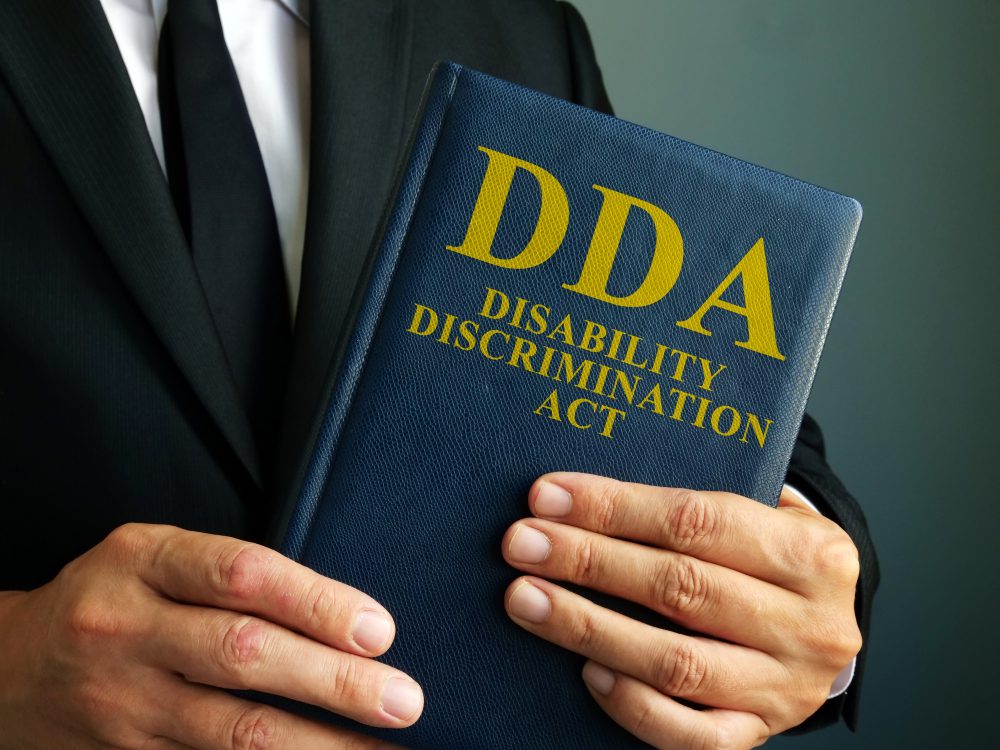What Requirements Must You Fulfill to Be Eligible for Discontinued Service Retirement?

Discontinued service retirement (DSR) is a retirement benefit federal employees can receive in certain circumstances upon separation from employment against their will. After a qualifying involuntary separation, the employee should receive their retirement as an annuity payment.
If you meet various requirements, the payment should be immediate. The annuity will stop if you acquire a permanent federal appointment. A temporary appointment allows continued annuity payment that offsets the salary.
Preserving your rights can be challenging, especially if you don’t understand what a DSR entails and how to qualify. Your employer might also pay less than the amount you deserve.
Below are the requirements for discontinued service retirement.
Involuntary Separation
The first requirement is involuntary separation. That means you leave your job against your will and without your consent. The Office of Personnel Management (OPM) determines whether separation from employment is voluntary or involuntary. Involuntary separation can include circumstances such as:
- Expiration of the employee’s term of office
- Abolishment of the position
- Lack of funds
- Reduction in force (RIF)
- Failure to meet the requirements of the position if the agency initiates the separation and it isn’t due to a disciplinary action
- Unacceptable performance except when it involves employee misconduct
- A National Guard technician’s separation of employment due to the loss of military membership or the rank required to hold the National Guard Position
- Transferring the job function outside of the employee’s current commuting area
- Less than wholly successful performance resulting in removal from the Senior Executive Service
- Reassigning outside the local commuting area unless there is a signed mobility agreement
- Failure to qualify due to performance issues leading to separation during a probation period
Service and Age
Qualifying for a DSR annuity also means meeting age and service requirements. If your separation was involuntary, you must have at least 20 years of federal service and be at least 50 years old.
An exception to the age requirement is if you spend 25 years or longer in federal service. You don’t have to be at least 50 if you have 25 years or more of service.
You must also have at least five years of creditable civilian service.
Creditable civilian service includes:
- Service for the collection of total Civil Service Retirement System (CSRS) even if there was a refund of the deductions and no redeposit
- Intermittent or temporary non-deduction service, whether or not there was a deposit
- Service for obtaining Social Security taxes and reduced CSCR deductions even if there was a refund and no redeposit
CSRS or FERS
You must have been separated from a position that had CSRS or FERS coverage. If CSRS coverage applied to the position, the applicant must have been covered for at least one of the two years just before retirement.
Reasonable Offer
The last requirement to receive a DSR annuity is that the employee didn’t refuse a reasonable job offer. The offer must be in writing for a job that involves these elements:
- Within the employee’s agency or transferred to a successor agency
- The employee meets the job qualifications
- Within the employee’s commuting area unless working under a signed mobility agreement
- The same expectations of employment, including the same type of job, service, and work schedule
- No lower than two pay levels or grades below the employee’s current grade or pay level
Get Help with Your Discontinued Service Retirement Now
Federal employees often misunderstand DSRs and the conditions needed to obtain payment. That might lead to agencies wrongfully withholding vital annuities or underpaying separated employees.
At The Vaughn Law Firm, we protect the rights of federal employees in Decatur, GA, and Washington, DC. We can review your personnel file to determine your eligibility status and file a claim to recover the annuity payment owed to you.
Call The Vaughn Law Firm at 877-615-9495 for a free consultation to get started today.




